
Head of the Department
Total Intake
120
Overview
The Department of Computer Science and Engineering was started in the year 2013. The strength of the department includes its high faculty-to-student ratio, state-of-the-art facilities, renowned faculty, strong focus on undergraduate education balanced with leading-edge research, and emphasis on leadership, service, community, and teamwork. The Department strives with an outlined vision in producing socially responsible and employable engineers. It has a team of well qualified and highly experienced faculty members and technical staff who deliver their skills to the students through a 360° teaching-learning environment which includes the deployment of Module and Video Tutorials from NPTEL. The faculty members impart knowledge through curriculum-based formal education and industry-focused informal education which enhances the aptitude and reasoning skills of the students to make them readily employable. We strive for academic excellence in Computer Science and Engineering through a creative teaching-learning process. We create centers of excellence in leading areas of Computer Science and Engineering and transform students into technically competent, socially responsible, and ethical Computer Science professionals. We incubate, apply, and spread innovative ideas by collaborating with relevant industries. We attain these through continuous teamwork by a group of committed faculty, transforming the Computer Science and Engineering department into a leader in imparting Computer Science and Engineering education.
VISION
To be a leading department in computer science education and innovation, equipping students with the expertise to create and solve real-world challenges through ethical, responsible, and transformative technological solutions for global progress.
MISSION
- To provide a strong foundation in computer science principles, fostering innovative problem-solving and a deep-rooted commitment to developing socially responsible and impactful engineering solutions.
- To bridge academia and industry by fostering partnerships and research that equips students with practical skills and entrepreneurial drive.
- To inspire intellectual curiosity and ethical responsibility, guiding students to apply technology for the advancement of humanity.
Teaching Faculty
The pillars of Computer Science and Engineering

Dr. Shiny Malar F.R
Professor Head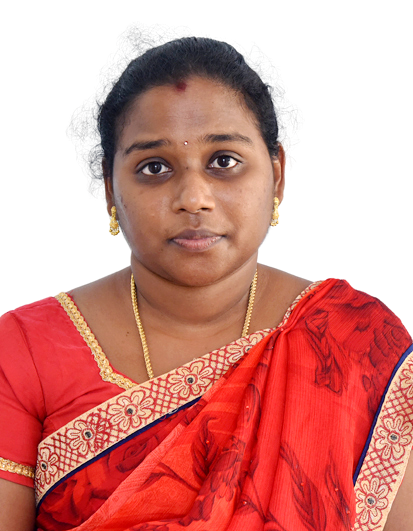
Dr. Anugraha M
Associate Professor
Ms. Breethy S V
Assistant Professor
Ms. Binusha Sornil A
Assistant Professor
Ms. Mamitha S
Assistant Professor Deputy CoE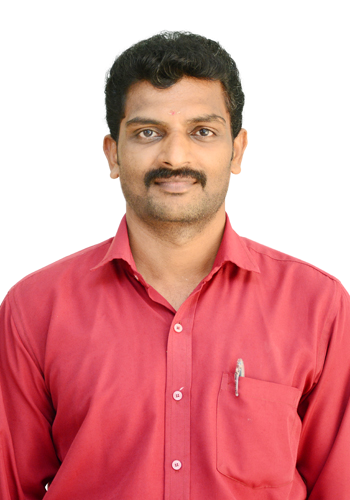
Mr. Senthilkumar C
Assistant Professor
Mr. Bastin Rogers C
Assistant Professor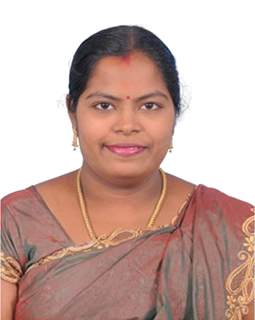
Ms. Karthija T
Assistant Professor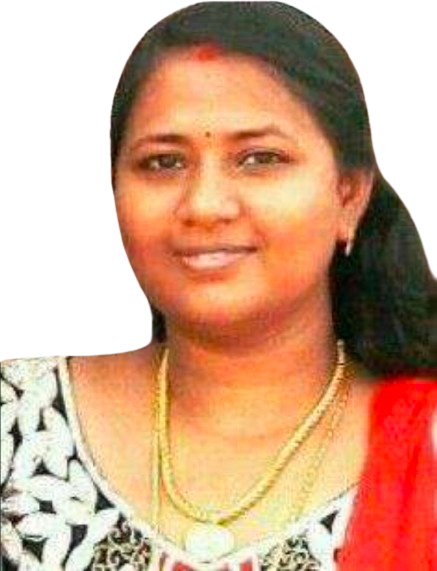
Ms. Mary Nathisiya B
Assistant Professor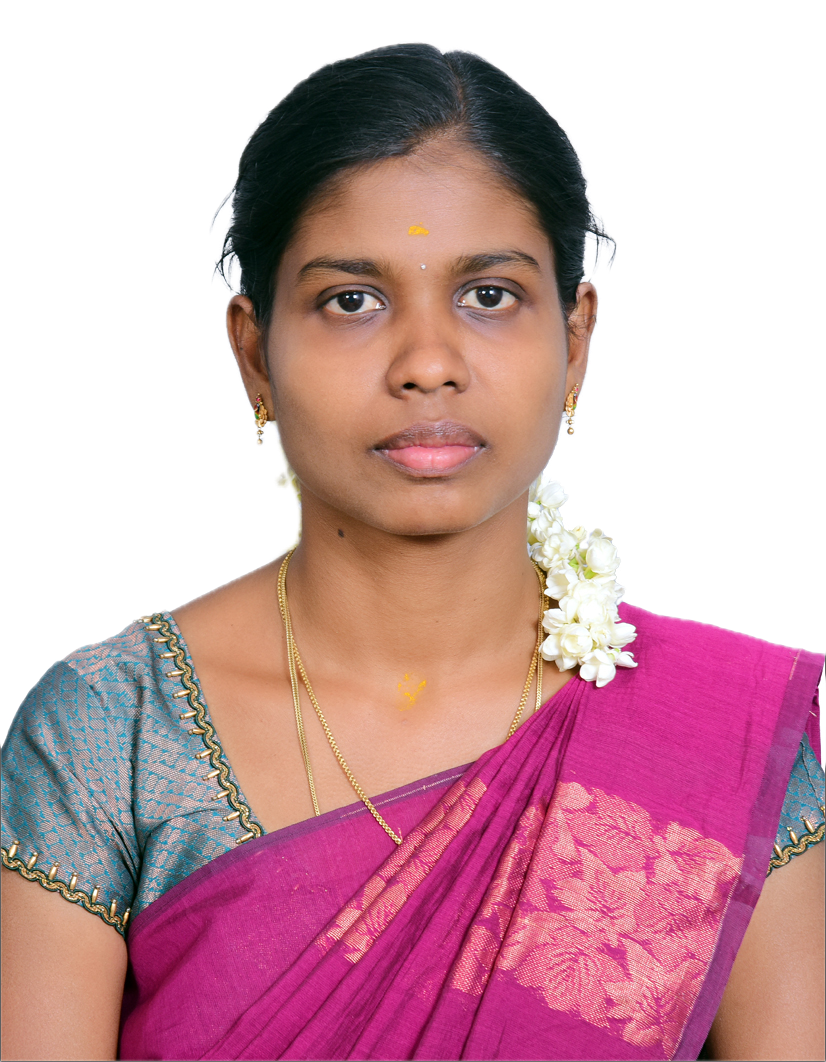
Ms. Ramya Devi R S
Assistant Professor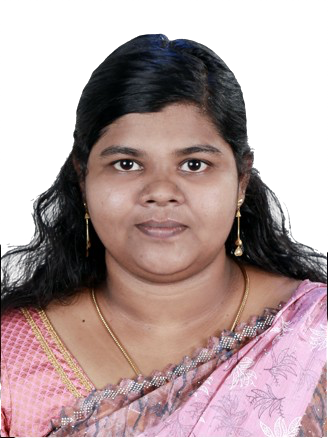
Dr. Anuja Angel M
Assistant Professor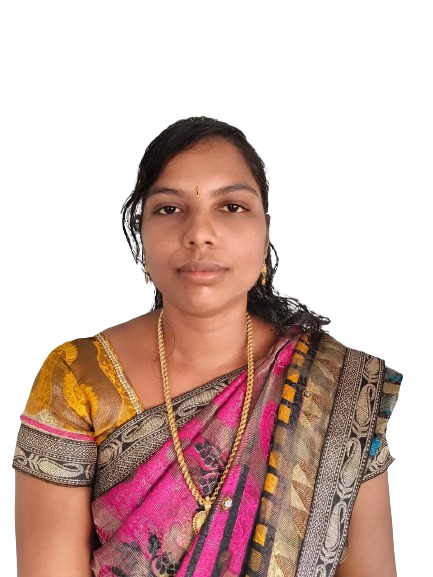
Ms. Asha Jelbhin S M
Assistant Professor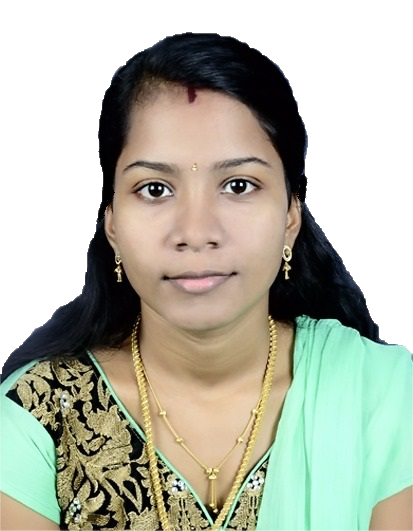
Ms. Sahaya Antony Jenive S
Assistant Professor
Ms. Reenu N
Assistant Professor
Ms. Arronmesi C
Assistant Professor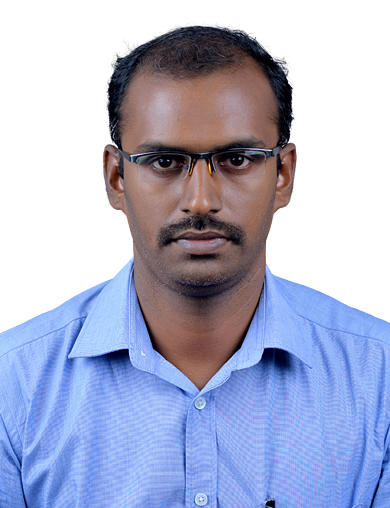
Mr. Dinesh R
Assistant Professor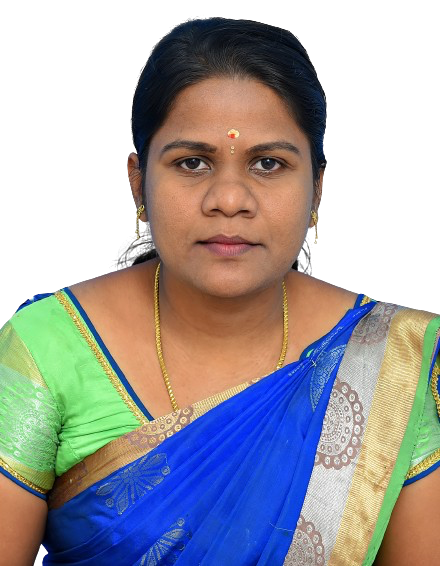
Ms. Dharani A
Assistant Professor
Ms. Reshma D J
Assistant Professor
Ms. Uthaya Banu M
Assistant Professor
Ms. JESY GRACE J
Assistant Professor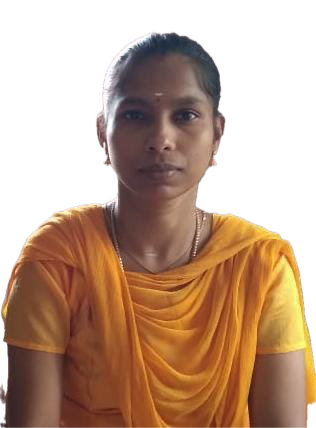
Ms. Sorna Latha K
Assistant Professor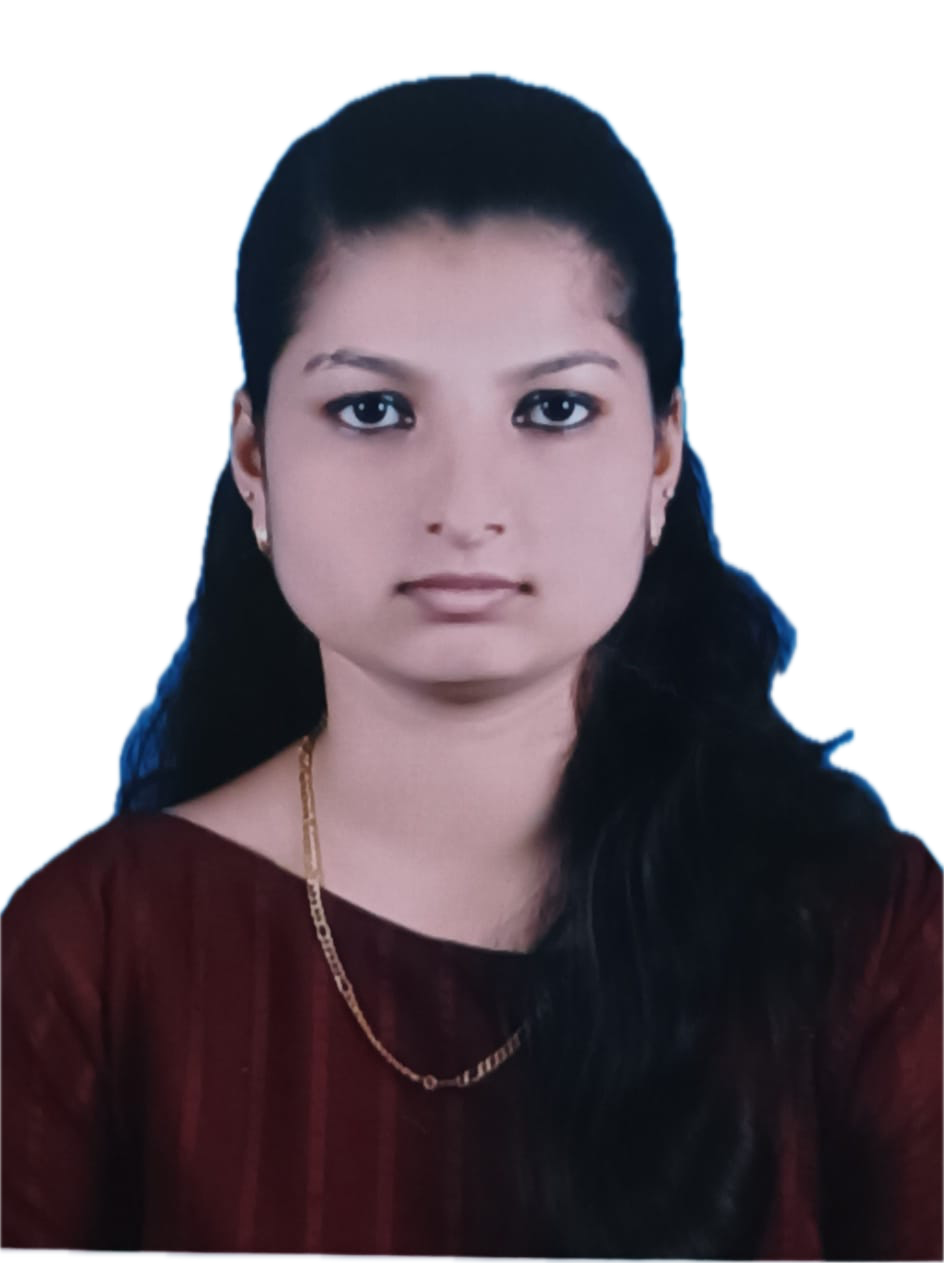
Ms. Shacksia Brinda Mol J
Assistant Professor
Ms. Siva Amutha R
Assistant ProfessorNon-Teaching Faculty
The supporting hands of Computer Science and Engineering

Remya R
Laboratory Instructor
Gopi V
System Administrator
Jebastalin N
Laboratory Instructor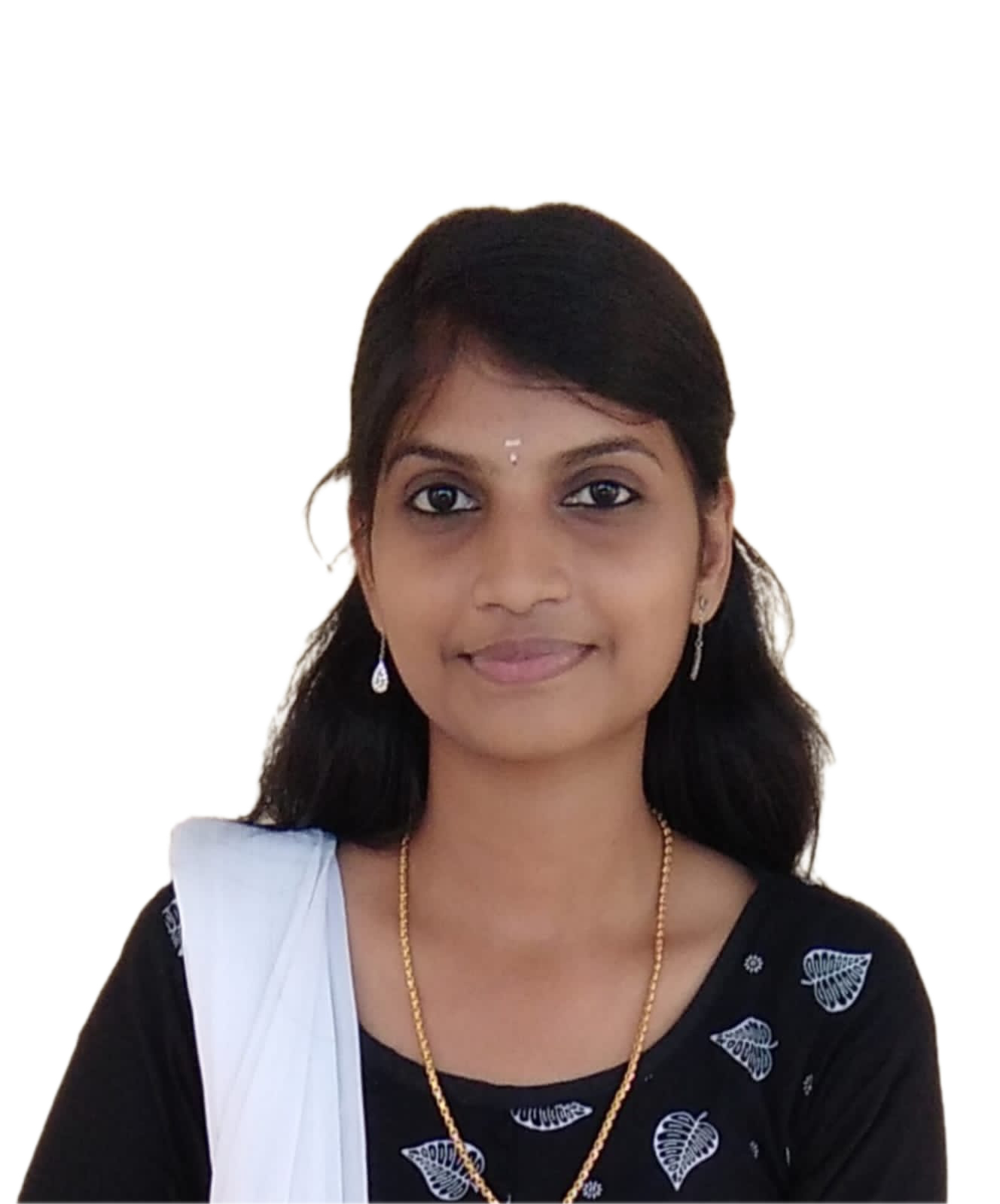
Divya Dharshini R
Laboratory Instructor
Adlin Jeya Bose B
Office Assistant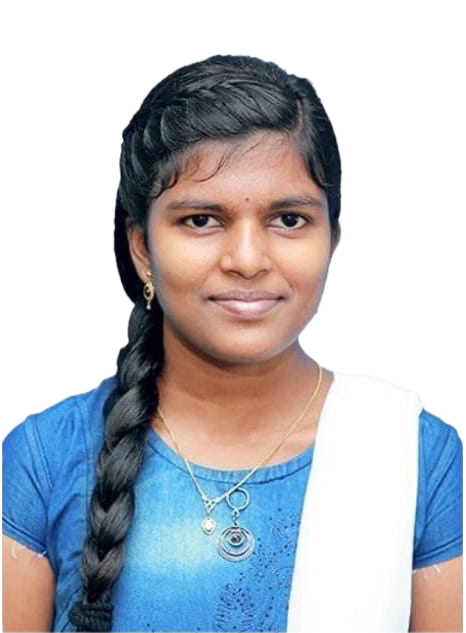
Jeba Reshma J
Laboratory InstructorThe Department of Computer Science and Engineering has a well-established Computer Practices Laboratory exclusively for First Year students...

Big data lab is typically equipped with internet access. Computers in this lab...
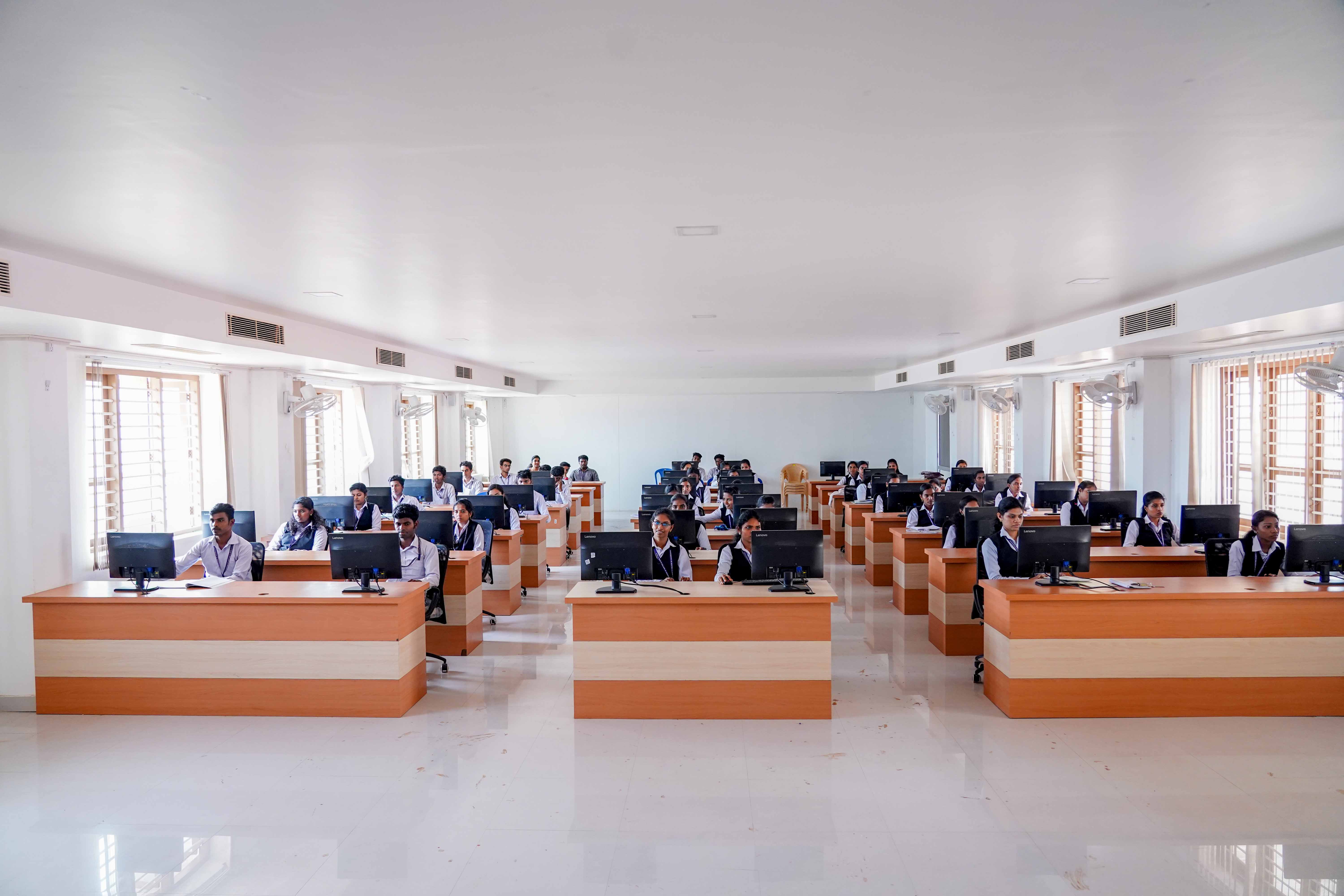
Software Development Lab is typically equipped with internet access...

Board of Studies Members
| # | Name | Designation | institution | Role |
|---|---|---|---|---|
| 1 | Dr. F. R. Shiny Malar | Professor & Head, | SMCE | Chairman-BoS |
| 2 | Dr. E. Siva Sankari | Associate Professor,Department of CSE, | Government College of Engineering, Tirunelveli. | University Nominee |
| 3 | Dr. D.Murugan | Professor, Department of CSE, | Manonmaniam Sundaranar University, Tirunelveli. | Subject Expert Member (External) |
| 4 | Dr. E. Judith | Associate Professor, CSE | NICHE, Kumaracoil, Thuckalay | Subject Expert Member (External) |
| 5 | Mr. B. Britto Anand Sanyo | Senior Engineer | TS, SIPCOT IT park, Navlur, Siruset, Chennai. | Student |
| 6 | Dr. R. Suresh Premil Kumar | Principal | SMCE | Special Invitee |
| 7 | Mr. Joel Johnson | Mern stack Junior Developer | 2016-20 | Alumni Representative |
| 8 | Dr. A. Selva Reegan | Professor | SMCE | Member |
| 9 | Dr. Pon.Partheeban | Professor | SMCE | Member |
| 10 | Dr. M. Supriya | Associate Professor | SMCE | Member |
| 11 | Dr. M. Anugraha | Associate Professor | SMCE | Member |
| 12 | Dr. M. Anuja Angel | Associate Professor | SMCE | Member |
| 13 | Mrs. S. Mamitha | Assistant Professor | SMCE | Member |
| 14 | Mr. C. Bastin Rogers | Assistant Professor | SMCE | Member |
| 15 | Mrs. V. Subitha | Assistant Professor | SMCE | Member |
| 16 | Mrs. T. Karthija | Assistant Professor | SMCE | Member |
BoS Minutes
Program Outcome
Programme Outcomes (POs)
- PO1 - Engineering knowledge: Apply the knowledge of mathematics, science, engineering fundamentals, and an engineering specialization to solve complex engineering problems.
- PO2 - Problem analysis: Identify, formulate, research literature, and analyze complex engineering problems reaching substantiated conclusions using first principles of mathematics and engineering sciences.
- PO3 - Design/Development of solutions: Design solutions for complex engineering problems and design system components or processes that meet specified needs with appropriate consideration for public health, safety, cultural, societal, and environmental concerns.
- PO4 - Conduct investigations of complex problems: Use research-based knowledge and research methods including design of experiments, analysis and interpretation of data, and synthesis of the information to provide valid conclusions.
- PO5 - Modern tool usage: Create, select, and apply appropriate techniques, resources, and modern engineering and IT tools including prediction and modeling to complex engineering activities with an understanding of the limitations.
- PO6 - The engineer and society: Apply reasoning informed by the contextual knowledge to assess societal, health, safety, legal, and cultural issues and the consequent responsibilities relevant to the professional engineering practice.
- PO7 - Environment and sustainability: Understand the impact of the professional engineering solutions in societal and environmental contexts, and demonstrate the knowledge of, and need for sustainable development.
- PO8 - Ethics: Apply ethical principles and commit to professional ethics and responsibilities and norms of the engineering practice.
- PO9 - Individual and team work: Function effectively as an individual, and as a member or leader in diverse teams and in multidisciplinary settings.
- PO10 - Communication: Communicate effectively on complex engineering activities with the engineering community and with society at large, such as being able to comprehend and write effective reports and design documentation, make effective presentations, and give/receive clear instructions.
- PO11 - Project management and finance: Demonstrate knowledge and understanding of the engineering and management principles and apply these to one’s own work, as a member and leader in a team, to manage projects and in multidisciplinary environments.
- PO12 - Life-long learning: Recognize the need for, and have the preparation and ability to engage in independent and life-long learning in the broadest context of technological change.
Program Specific Outcomes (PSOs)
On successful completion of the Computer Science and Engineering degree programme, the graduates shall exhibit the following:
- PSO1: Exhibit design and programming skills to build and automate business solutions using cutting edge technologies.
- PSO2: Strong theoretical foundation leading to excellence and excitement towards research, to provide elegant solutions to complex problems.
- PSO3: Ability to work effectively with various engineering fields as a team to design, build and develop system applications.
Program Educational Objectives (PEOs)
- PEO1: Apply their technical competence in computer science to solve real world problems, with technical and people leadership.
- PEO2: Conduct cutting edge research and develop solutions on problems of social relevance.
- PEO3: Work in a business environment, exhibiting team skills, work ethics, adaptability and lifelong learning.
Academic Calender
Newsletter
Magazine
Industry Collaboration
Value Added Course
Internship
Memorandum of Understanding
Placement Records
Testimonials
Words from our Alumni





